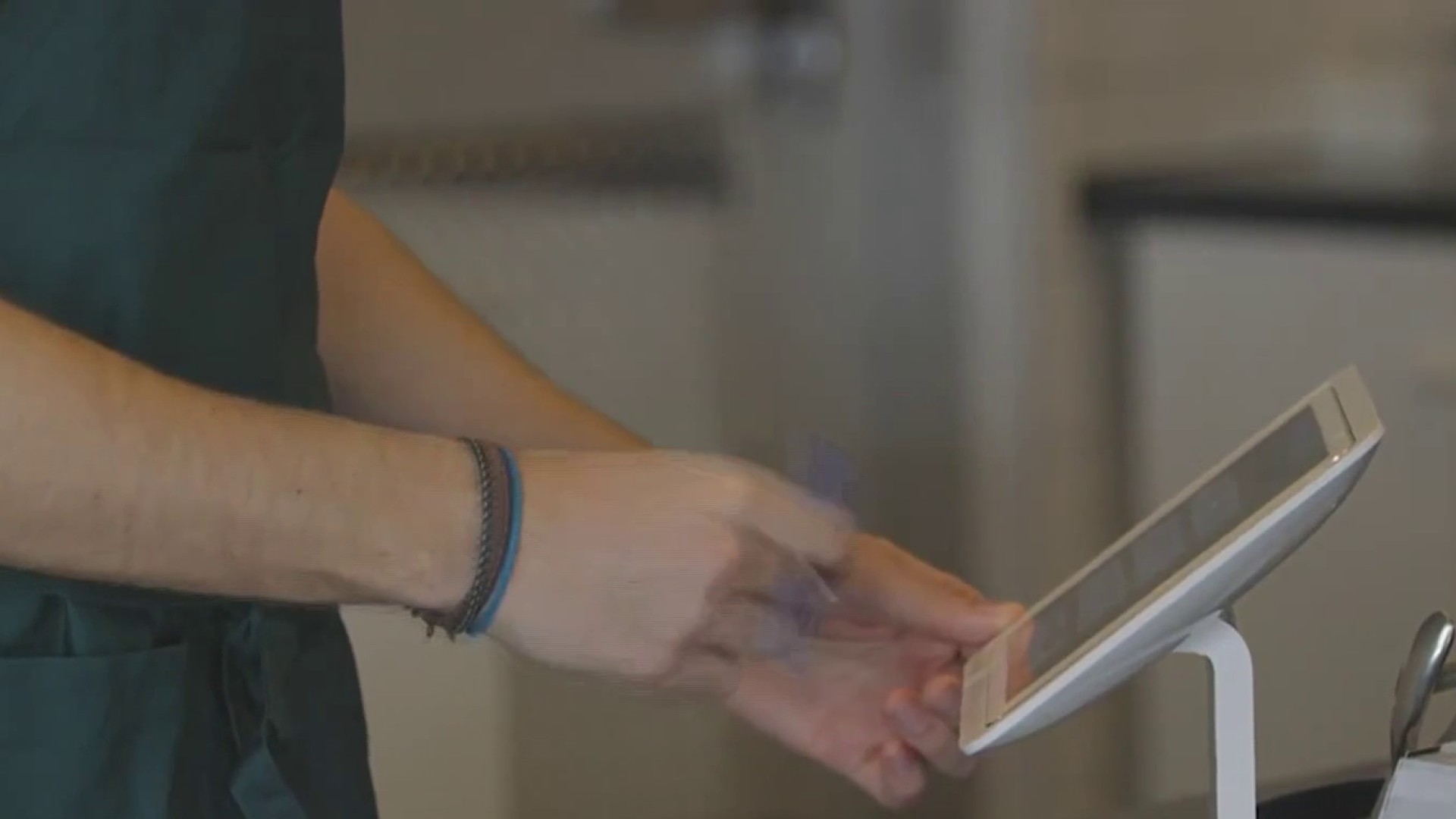About 1,300 people die a year in Connecticut as a result of opioids. That's more than 100 people every single month.
We're starting to see some money now from legal settlements with both the drug companies and pharmacies. So how will this money be spent and who's watching how it is spent?
NBC Connecticut's Mike Hydeck spoke with Sen. Heather Somers about it. She is the ranking member on the Public Health Committee.
Mike Hydeck: We appreciate it. So $600 million, over 10 years is the number we've heard most recently. How is that going to be moved to the places that need it?
Get Connecticut local news, weather forecasts and entertainment stories to your inbox. Sign up for NBC Connecticut newsletters.
Heather Somers: Well, right now that's coming through the Attorney General's Office, and it will go to a committee, which is made up of law enforcement, municipal leaders, people in the industry that are combating or trying to combat the opiate crisis, and they will decide how this money should be spent. One of the things that we have talked about in the legislature and specifically in public health, this past year, we did pass legislation, requiring that that money go to what it is intended for. We've had some situations in the past, as you can remember that Tobacco Settlement Trust Fund got swept into the general fund, we're trying to avoid that here in the State of Connecticut. And, you know, talking to colleagues who work in this industry, this money is coming from all the losses that we have seen of human life. It really would be criminal on some respect for it to not be used for what it's intended for. And it's really a drop in the bucket to what we're looking for. It sounds like an exorbitant amount of money, but when you think about the lives that have been lost on this epidemic, it's staggering. We have lost more lives 10 times the number of people that have been killed in the Iraq or Afghanistan war. If we continue on this trajectory, between the U.S and Canada, we will lose 1.2 million people by the end of the decade.
Mike Hydeck: So something needs to be done, and fast. So you talked about that tobacco settlement and how some of that money was diverted into local budgets, and they could do things with their normal budget, whether it's schools or whatever. Is the committee going to keep an eye on that money? Like, how are we going to hold that as a check and balance? Who's gonna do the work to kind of go, "wait a minute that money shouldn't have gone there."
Heather Somers: Well the committee absolutely will be keeping a close eye on it, as will the legislature. I know the Public Health Committee is committed to ensuring that that money is spent accurately, wisely and precisely and intentionally the way it was intended for. There are some monies that are going to be distributed to local municipalities for their prevention areas shortly. I don't believe that money has been distributed at this point. But there's such a wide range of where that money can be used, all in the focus of combating the opiate crisis.
Face the Facts
Face the Facts with NBC Connecticut goes beyond the headlines, asking newsmakers the tough questions, giving an in-depth analysis of the big stories.
Mike Hydeck: So let's talk about that. The people who are on the frontlines are those first responders. We've done stories in New Haven, maybe two summers ago, there were people that were passing out and having to be revived with Narcan over and over and over on the New Haven Green. And so it's stretching EMTs and stretching police and first responders. Will money go to them for either training or Narcan or things like that? Do you think that's part of it?
Heather Somers: I think that will absolutely be part of it. I think right now some of the municipalities will be getting a lump sum of money. They can use that then for buying fentanyl strips to identify there's fentanyl present, training, Narcan. Narcan is not an inexpensive drug. And it has an expiration. I think we also need to really look at, we are so focused in the state on looking at nonprofits that work with the state currently. But I've had the opportunity to visit alternative therapies for people that are dealing with addiction, and addiction really is a disease of the brain. I call it a disease of despair.
Mike Hydeck: When you say alternative, do you mean counseling? Do you mean immersion therapy?
Heather Somers: No, not necessarily what we are used to. Not our normal nonprofit. There are certain places that I've been that are doing amazing work with great success rates, but they don't fall into like the norm of what we're used to. Right. So I think that this money should be able to be used if they can present a good case and they have a great success rate, then let's do that instead of doing the same thing that hasn't been working, right? And we can evaluate it after a period of time.
Mike Hydeck: So we know this is an ongoing problem, literally has been for several, many years, in fact. But as we move forward, and all this settlement money gets used up, is there a concern? Or should there be something put in the budget moving forward that we can keep this funding at a certain level to keep the counseling and whatever else needs to be done, going?
Heather Somers: Well, I think we need to look at it from a holistic point. We need to look at the opiate crisis. I see it in three stages. The first stage was doctors writing scripts, because they didn't know that it was addictive and Purdue Pharma, we all know that story. The second phase, I believe went into, okay, and then people are going to be using heroin to supplement the fact that can't get these prescriptions. Now we're in a completely different phase where we're seeing synthetic opiates come across the border with fentanyl and ketamine. So we have this influx coming through our southern border. How do we deal with that? Do we look at this nationally, which I think we need to look at it, so that we're not having a foreign country providing product here that's actually killing our people. We have to look at it that way.
Mike Hydeck: That's a national conversation that's underway now. And it needs to intensified if we do that, right?
Heather Somers: So we have to figure out how things are going to look in the next couple of years and obviously have continued treatment, education. We need to find the underlying cause of why people are willing to even try this in the first place. Because right now we're just putting band aids on a problem. You know, when you do the research, it's despair. It's loneliness, it's domestic violence, it's having a hopelessness. How do we fix that as a society so that people are not going to opiates as a refuge? It's a getaway, and then they become addicted, and then we fall into the cycle and we don't want this to be a generational cycle.



